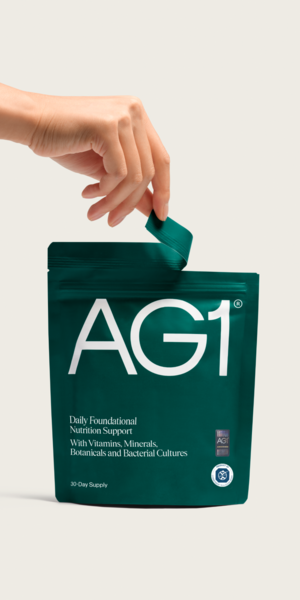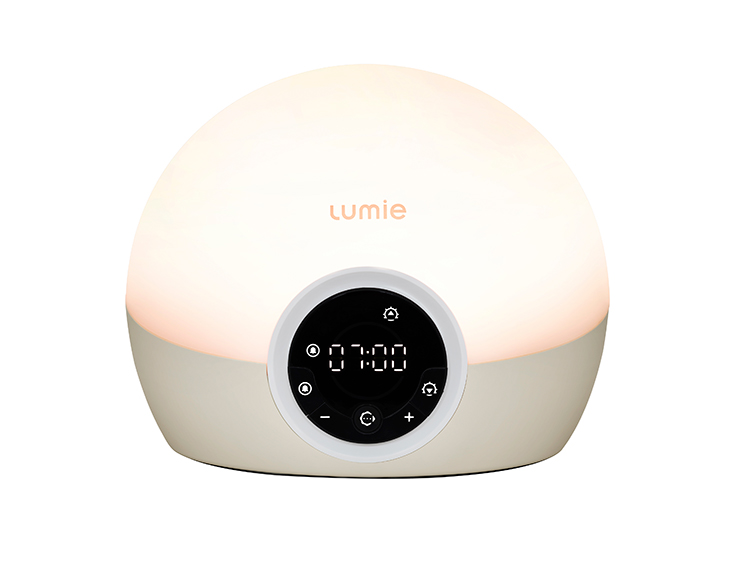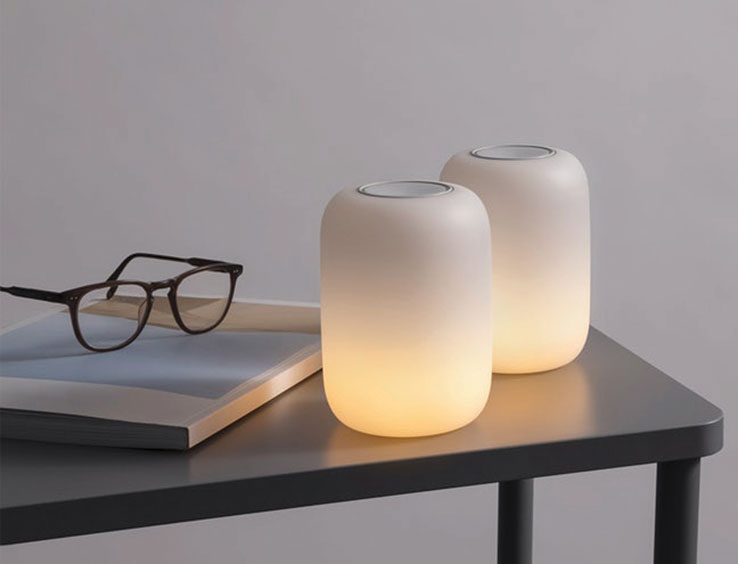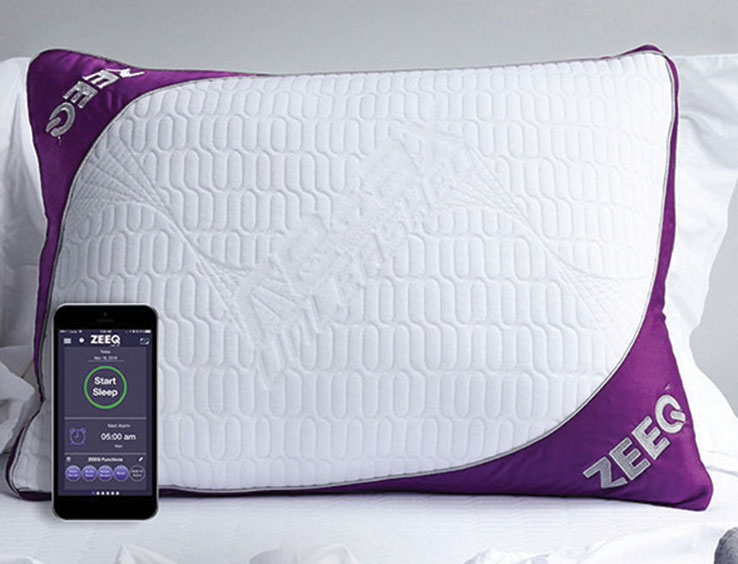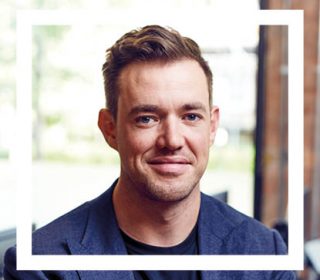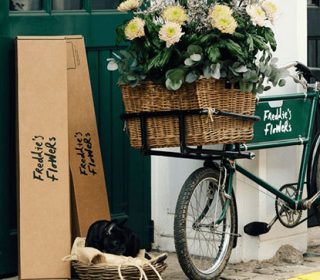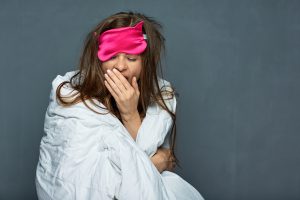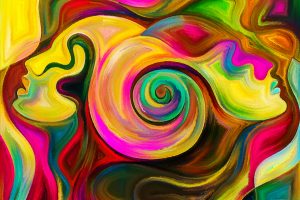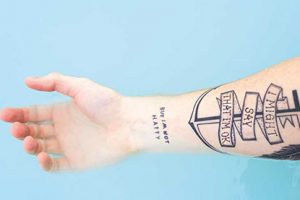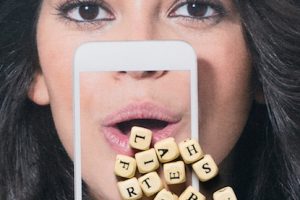6 of the best sleep tech products
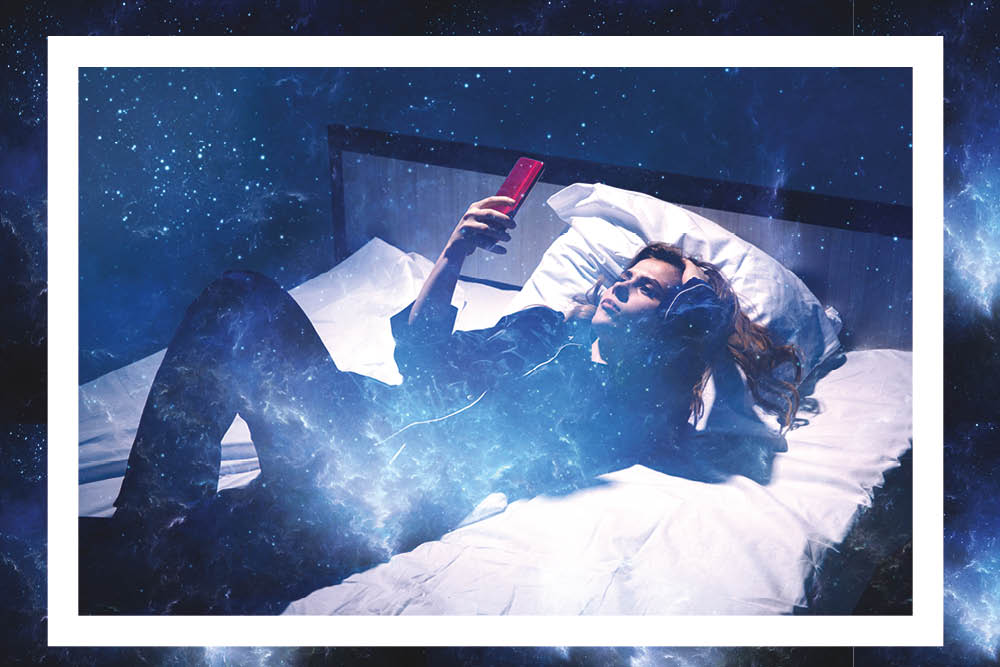
Tech. It’s in the way we shop, eat, work and communicate. Thanks to the growth of sleep tech, it’s also now a part of how we sleep.
Apart from helping us to function day-to-day, sleep (or lack of it), can have a huge impact on our overall physical and mental health. According to the NHS, a continual lack of sleep can make you more prone to obesity, heart disease, high blood pressure and diabetes.
It’s well known that tech and smartphones can have an adverse effect on our night-time routines. However, there are also examples of sleep tech – from body clock wake-up lights to smart pillows – which can enhance a good night’s rest.
FROM SCROLLING TO SLEEPING
While the impact of blue light on our sleep quality is well known, a recent report found only 11 per cent of adults polled avoided screen time before bed for a more restful night.
Professor Alice Gregory, sleep expert and author of Nodding Off: The Science of Sleep from Cradle to Grave, explains, “Blue light (emitted by phones and tablets) can be a problem when it comes to our sleep. This is the type of light can suppress our melatonin (sleep hormone) and prevent us from nodding off.”
For those who just can’t put their tech down, we recommend combating your scrolling addiction with the Downtime function on your iPhone, or Digital Wellbeing on Android. These handy restrictive tools can help you set time frames so you can stay off your phone, cutting down on screen time and blue light. Doing this will allow the natural production of melatonin to send signals to the brain and body that it is time to sleep.
If you just simply can’t resist a scroll through Instagram before bed, you can employ your phone’s “Night Time” mode. A feature on most smartphones, a simple sleep tech hack that reduces the level of blue light emitted from your screen.
BEDROOM BLISS
Just as blue light can affect our sleep, so can natural light. In the winter, the lack of sunlight in the mornings and evenings wreaks havoc on our circadian rhythm, making us feel sleepy and lethargic throughout the day.
Answering all our dimly lit prayers are the variety of natural light alarm clocks now available to purchase. Working to regulate your sleep cycle, the Lumie Bodyclock Spark 100 sleep/wake up light gently starts to brighten 30 minutes before your set wake -up time, rousing you naturally from your doze as it reaches full brightness. In the evening, the clock allows you to wind down slowly with the sunset feature, which emits gradually fading light to signal to the body to produce melatonin ready for sleep. Similar products that we recommend are the Casper Glow Light and the Philips Wake-Up Light Alarm Clock Coloured Sunrise Simulation.
If you’re a fan of tracking your overnight activity, then the ZEEQ Smart Pillow is the real deal. Not only does the soft, anti-snoring pillow monitor your sleep during the night, feeding back information to your smartphone, but it also plays soothing music to help you drift off, and intelligently wakes you in the morning by monitoring your natural movements.
Sleep tracking can be hugely informative when used in the right way, but, as with many aspects of tech, approach with the right mindset. “Some people find sleep trackers to be informative,” says Prof Gregory. “For example, someone may enjoy watching how the quality of their sleep improves in time, and this would be positive. However, if you find that this extra information about your sleep is making you feel anxious, it may be time to stop using a tracker.
SOUND ASLEEP
If you regularly struggle to get back to the land of nod, you may find the sound of silence truly deafening. There are a plethora of well-known apps available such as Calm and Headspace, the meditation app, ASMR, and the bedtime story and music app, Relax Melodies: Sleep Sounds. With an in-built timer, this multifaceted sleep assistant allows you to play your choice of sound for a preferred amount of time, helping you to drift off in a matter of minutes.
For those who can’t bear the sound of a ticking clock or the trees rustling outside, essential noise muffling products such as the Bose Noise Masking Sleepbuds would be our go-to recommendation. Pre-loaded with soothing sounds that are specifically engineered to block and cover unwanted noises, these in-ear buds allow you to drift off in peace. They also allow you to set an alarm through the Bose Sleep app on your smartphone that only you can hear, so there’s no need to worry about sleeping in or waking your partner.
Sleep may be one of the most natural things that we can do as human beings, but that doesn’t mean it’s always simple. With the aid of sleep tech, it can become a much easier, and more pleasant experience. As Prof Gregory suggests, “Some people will find certain types of technology to be useful when it comes to our sleep, whereas others might find that this is the opposite. If you do decide to use sleep technology, you might want to pay attention to how it might be affecting you and discontinue use if you do not feel it is enhancing your life.”
As long as we remain aware of the benefits and drawbacks of tech, and its place when it comes to sleep, the advantages could be infinite.



